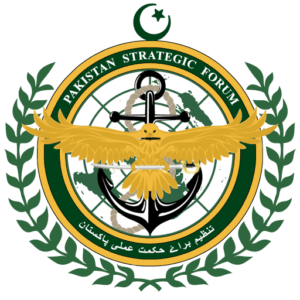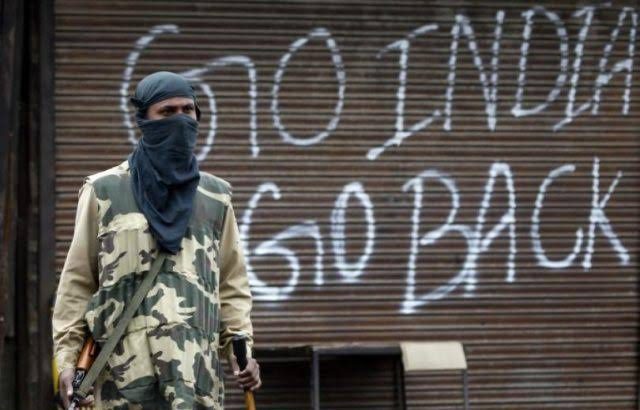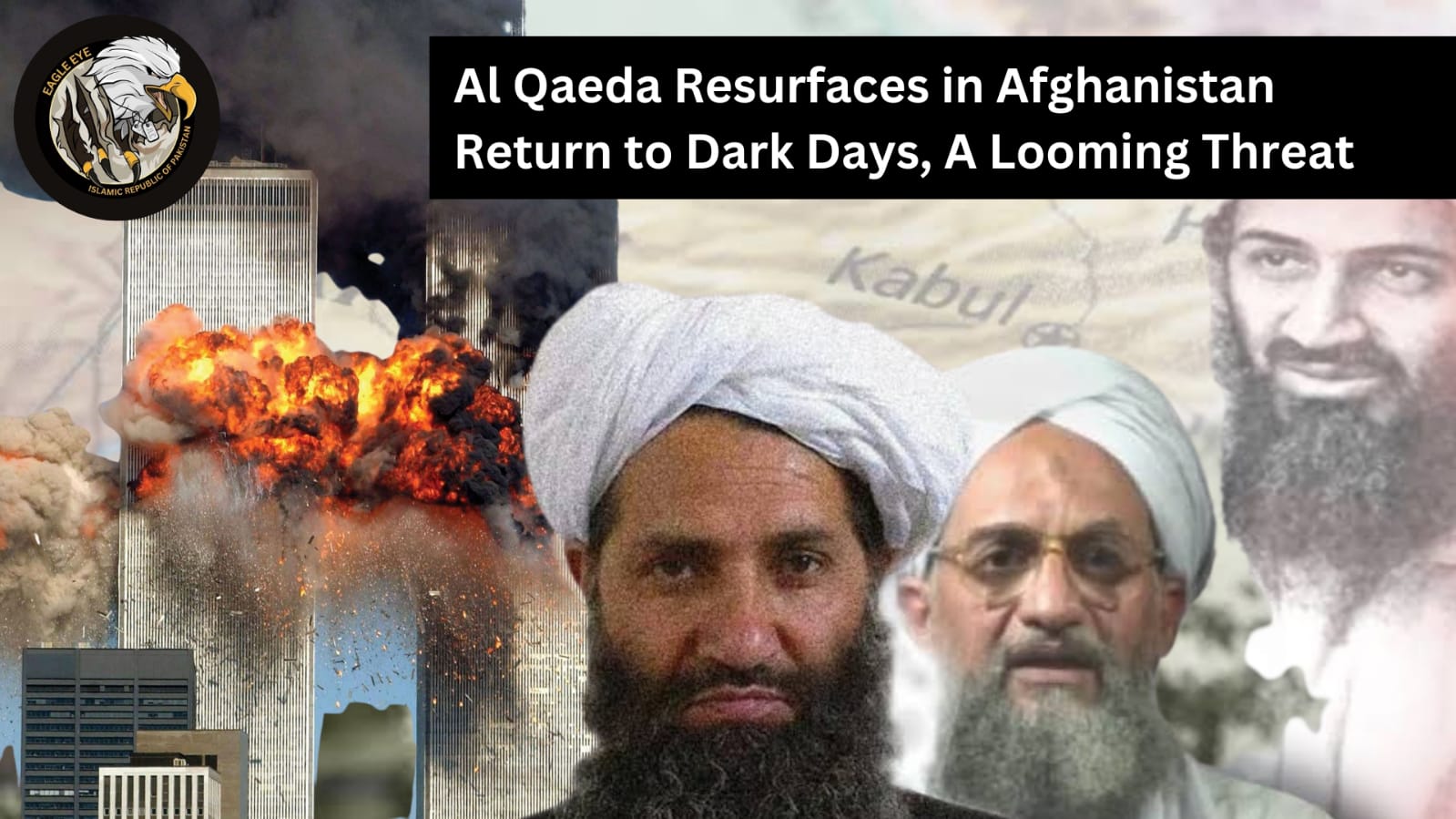This article sets the sights on a very consequential subject of the Indian annexation of Kashmir, and what course of action Pakistan can opt for in this regard. The annexation of IOJK apprises clearly that Modi government threw caution to the wind when he took this decision as it posed a threat to India’s very ‘advancing’ image. Additionally, this not very thought through decision caused an extensive condemnation from Beijing to Brussels on India’s grave actions concerning Kashmir.
If we look at the far-reaching implications of this step, there are certain things that can be observed. First, Prime minister Modi has not only carved up the country on political and communal rule but also raised a question mark on Indian national unity and state solidity. Modi’s actions have galvanized separatists within India too. Sikhs and Nagas are putting down pre-conditions in their meetups with the government which indicates that the mutual trust within India has collapsed. Secondly, Kashmir has been made a headline in international media and the UN security council is directed to resolve this distress. Moreover, India’s designs also purported China who is also entailed in this dispute. India declared Ladakh a union territory, which made China overturn as well. The United States also turned its back to India for its aggressive rhetoric as president trump, in total discontent repeated the phrase “a very aggressive statement” three times, visibly conveying his disbelief and shock at the rude tenor of Modi’s remarks before his Indian American constituency. Furthermore, the brutal lockdown that was forced onto Kashmiris was an inhuman step to halt the protests. Besides this, many false charges were made to suppress the voice of Kashmiris. Modi made his intention clear about “free India from 1200 years of slavery” in his speech to the Indian Parliament on June 12, 2014. Clearly, Modi’s reference is to the times of Muslim domination in India as the British rule lasted for only 200 years. If we analyze the statement given by the Defense Minister Rajnath Singh about the usage of nuclear weapons in which he used the phrase ‘no first use’ that indicates that India is alarmed and fear Pakistan in context to nuclear weapons. This can be due to the global scenario that is prevailing a shift of power from west to east and with China standing with Pakistan, they have so many doubts. It seems like they have bitten off more than they can chew. As China’s conversion from a regional to a global power is evident.
As far as Pakistan is concerned, it needs to understand the nature of the challenge posed by Modi’s move. The challenge is multi-dimensional: which means the involvement of soft and hard powers which require sustaining a long-term plan of action over a protracted time. There are many things that proved to be fruitful for Pakistan in this matter. For instance, Pakistan’s coarse correction on the decaying policy of the past, related to Afghanistan due to which Pakistan was caught between a ‘nutcracker’ like situation and was jammed between the east and the west. The Afghan peace process is also related to President Trump’s re-election in 2020 and Pakistan’s character is pivotal, as believed by President Trump itself. Sooner than later, the Afghan peace talk will have to be revived. Lastly, China is providing strategic “air cover” to Pakistan through CPEC, the Pakistan-China alliance will further build up for the common root of a joint strategy to counter India. No matter how things change in the world and the region, China will pitch in to help Pakistan in upholding its sovereignty, independence, and territorial integrity.
After India’s annexation of Occupied Jammu and Kashmir, the future course of events will depend on three factors.
- India’s ‘might is right’ approach will be changed to ‘right is might’ because of the constant strives of Kashmiris to seek ‘azaadi’.
- Second, Pakistan, as the chief guardian of Kashmir and the major proponent of the Kashmir cause, must maintain a practical strategy.
- Third, China would be a key factor as, being Pakistan’s strategic ally provides Pakistan an entry into the international system, especially the UN Security Council, the G-20, and the Nuclear Suppliers Group. India’s international image has suffered badly because of Modi’s August 5 blunder and for the first time in 30 years, the situation in IOJK is not being blamed on Pakistan.
The biggest challenge for Pakistani policy makers is going to be on the military front as India’s international image has suffered badly. History teaches us that military might cannot crush the peoples will to be free.
Article by: Senator Mushahid Hussain
URL: Pakistan Army Green Book – 2020
Review by: Sana Fatima
About Author: Sana Fatima is doing BS International Relations from National University of Modern Languages. She has keen interest in European Politics.
Note: The views expressed in this article are the author’s own and do not necessarily reflect the editorial policy of Pakistan Strategic Forum.
#TeamPakistanStrategicForum






